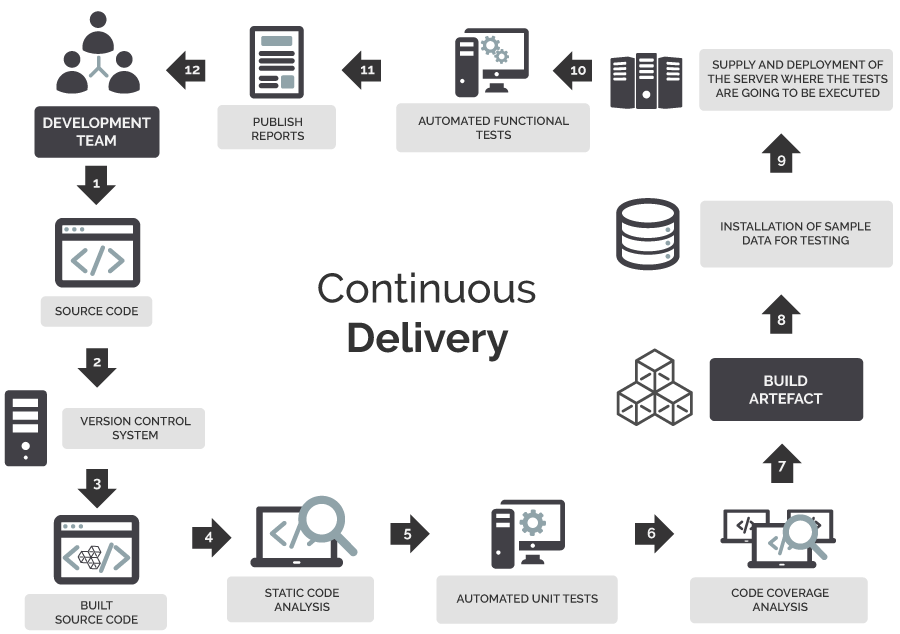Introduction to Release Management


What is a release ?
Release is one or more changes to an IT services that are build, test and deployed together

Example








Main Paradigms in the Practice of Release Management
Agile Release Management –
supporting faster, more frequent and typically smaller releases to respond faster to market needs. Agile release management is focused on process automation driven by Application Release Automation technology and cooperation between development and operations (DevOps) to streamline the software development process.

ITIL/ITSM Release Management –
typically practiced by larger organizations. ITIL release management focuses on organizational processes and procedures that ensure software works as expected, meets its goals, and that problems and issues are remedied and prevented in an orderly manner. The underlying assumption of this paradigm is that most of the release management process is managed by people.

What are the benefits of Release Management?
Revenue (Time to Value)
1. Accelerated Time to Value
2. Higher Release Throughput
3. Enhanced Agility and flexibility
Cost (Productivity)
1. Increased Productivity
2. Eliminated duplicate and manual-intensive activities
3. Increased Collaboration
Risk and Uncertainty
1. Mitigate Release Failure
Release checklist



